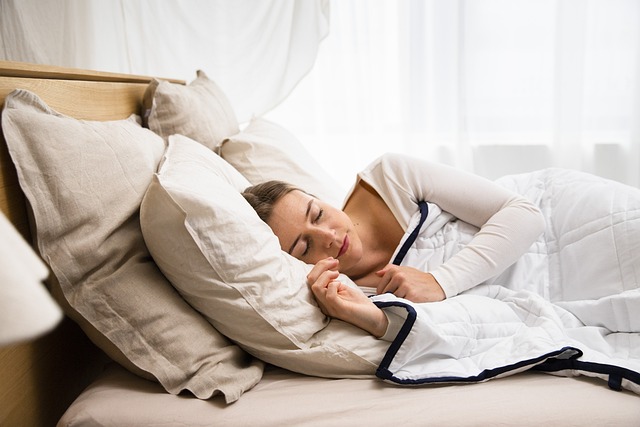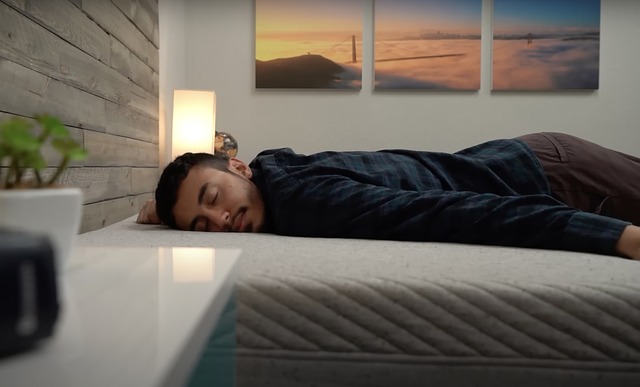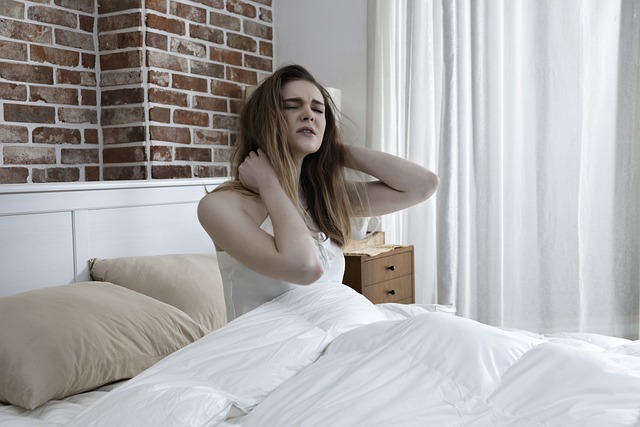How Food and Exercise Can Help You Sleep Better
Introduction:
Getting enough sleep is super important for feeling good and staying healthy. But did you know that what you eat and how much you exercise can also affect how well you sleep? In this article, we'll talk about how eating healthy foods and staying active can help you get better sleep.
Understanding Sleep:
Before we get into how food and exercise can help, let's talk a bit about sleep. Sleep is when our bodies rest and recharge, so we feel refreshed and ready for the day ahead. It has different stages, like light sleep and deep sleep, each doing different things to help us feel rested and alert when we wake up.
The Role of Food:
What we eat can affect how well we sleep. Some foods contain nutrients that help our bodies relax and get ready for sleep. For example, foods like turkey, milk, and nuts have something called tryptophan, which helps make a chemical in our brains that makes us feel sleepy. Other foods, like leafy greens, nuts, and seeds, have magnesium, which can help us relax and fall asleep faster. Eating foods with carbohydrates in the evening can also help our brains use tryptophan better, making it easier to fall asleep.
The Influence of Exercise:
Exercise is another thing that can help us sleep better. When we exercise, our bodies release chemicals called endorphins that make us feel relaxed and happy. This can help us wind down and get ready for sleep. Plus, regular exercise can help regulate our body temperature, which can make it easier to fall asleep and stay asleep.

How Food and Exercise Work Together:
Food and exercise work together to help us sleep better. When we eat a healthy diet that includes foods with tryptophan and magnesium, it gives our bodies the nutrients they need to relax and prepare for sleep. And when we exercise regularly, it helps us feel calm and relaxed, making it easier to fall asleep at night.
Practical Tips for Better Sleep:
To improve your sleep, try eating a balanced diet with lots of fruits, vegetables, lean proteins, and whole grains. Include foods like turkey, chicken, fish, dairy, nuts, and seeds in your evening meals to help you feel sleepy. And make sure to exercise regularly, aiming for at least 30 minutes most days of the week. Just avoid exercising too close to bedtime, as it can make it harder to fall asleep.
Conclusion:
In conclusion, what we eat and how much we exercise can have a big impact on how well we sleep. By eating a healthy diet and staying active, we can give our bodies the best chance of getting restorative sleep. So next time you're struggling to sleep, try reaching for some sleep-friendly foods and getting a little exercise during the day. Your body will thank you for it!

FAQs About Sleep, Food, and Exercise
1. How does food affect sleep?
Certain foods have nutrients that help our bodies relax and get ready for sleep. Foods like turkey, milk, nuts, and seeds have something called tryptophan, which makes a chemical in our brains that helps us feel sleepy. Other foods, like leafy greens, nuts, and seeds, have magnesium, which can also help us relax and fall asleep faster. Eating carbohydrates in the evening can also help our brains use tryptophan better, making it easier to fall asleep.
2. Can exercise help with sleep?
Yes, exercise can help us sleep better. When we exercise, our bodies release chemicals that make us feel relaxed and happy. Regular exercise can also help regulate our body temperature, making it easier to fall asleep and stay asleep.
3. How can food and exercise work together to improve sleep?
Eating a healthy diet with sleep-friendly foods provides our bodies with the nutrients they need to relax and prepare for sleep. Regular exercise helps us feel calm and relaxed, making it easier to fall asleep at night.
4. What are some practical tips for better sleep?
Try to eat a balanced diet with plenty of fruits, vegetables, lean proteins, and whole grains. Include foods like turkey, chicken, fish, dairy, nuts, and seeds in your evening meals. Aim for at least 30 minutes of exercise most days of the week, but avoid exercising too close to bedtime.
5. Are there any specific foods to avoid before bedtime?
It's best to avoid heavy, spicy, or high-fat foods close to bedtime, as they can cause discomfort and disrupt sleep. Also, limit caffeine and alcohol intake in the evening, as they can interfere with sleep quality.

6. How long before bedtime should I stop eating and exercising?
Try to avoid eating heavy meals or exercising vigorously within two to three hours of bedtime. This gives your body time to digest food and wind down before sleep. Instead, focus on light snacks and gentle activities to help you relax before bedtime.
7. Can certain foods or supplements help with sleep disorders like insomnia?
Some foods and supplements may help promote relaxation and improve sleep quality, but it's essential to talk to a doctor before using them to treat sleep disorders like insomnia. They can give you personalized advice based on your needs and health.
8. How long does it take to see improvements in sleep quality with changes in diet and exercise?
It varies for everyone, but making consistent changes to your diet and exercise habits can lead to gradual improvements in sleep over time.
9. Can lack of sleep affect my ability to exercise effectively?
Yes, not getting enough sleep can make it harder to exercise effectively. It can make you feel tired, less motivated, and increase your risk of injury during exercise.
10. Is it okay to take sleep medications along with making changes to diet and exercise habits?
It's best to talk to a doctor before combining sleep medications with changes to your diet and exercise habits. While medications may be necessary for some people, it's important to use them safely and under medical supervision.
Powered by Froala Editor





Leave a Reply